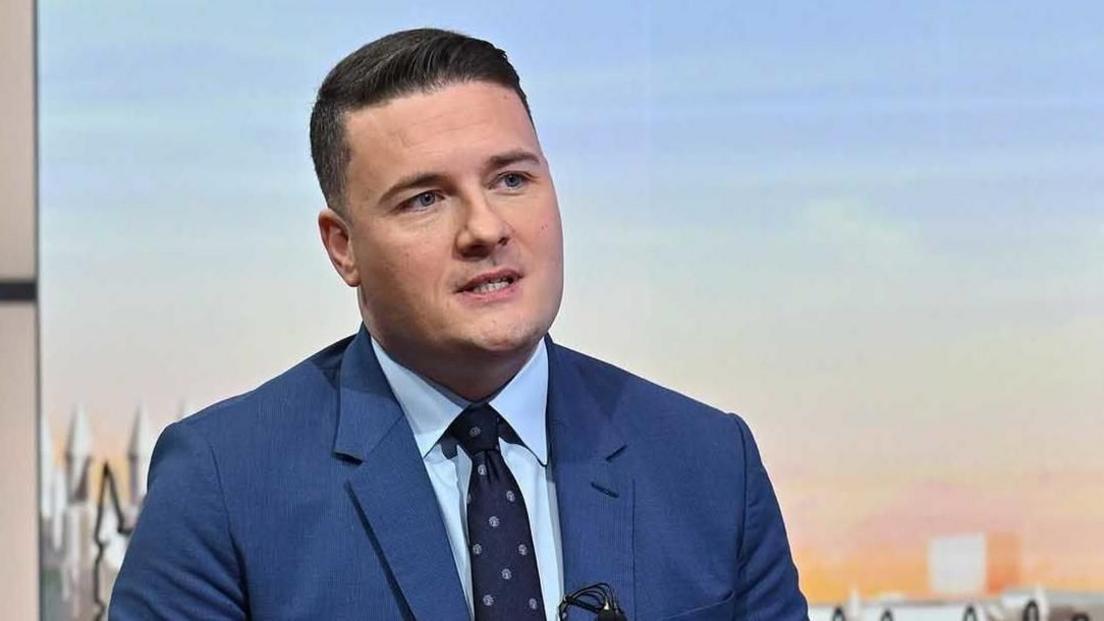'What I learned from 59-year mental health career'
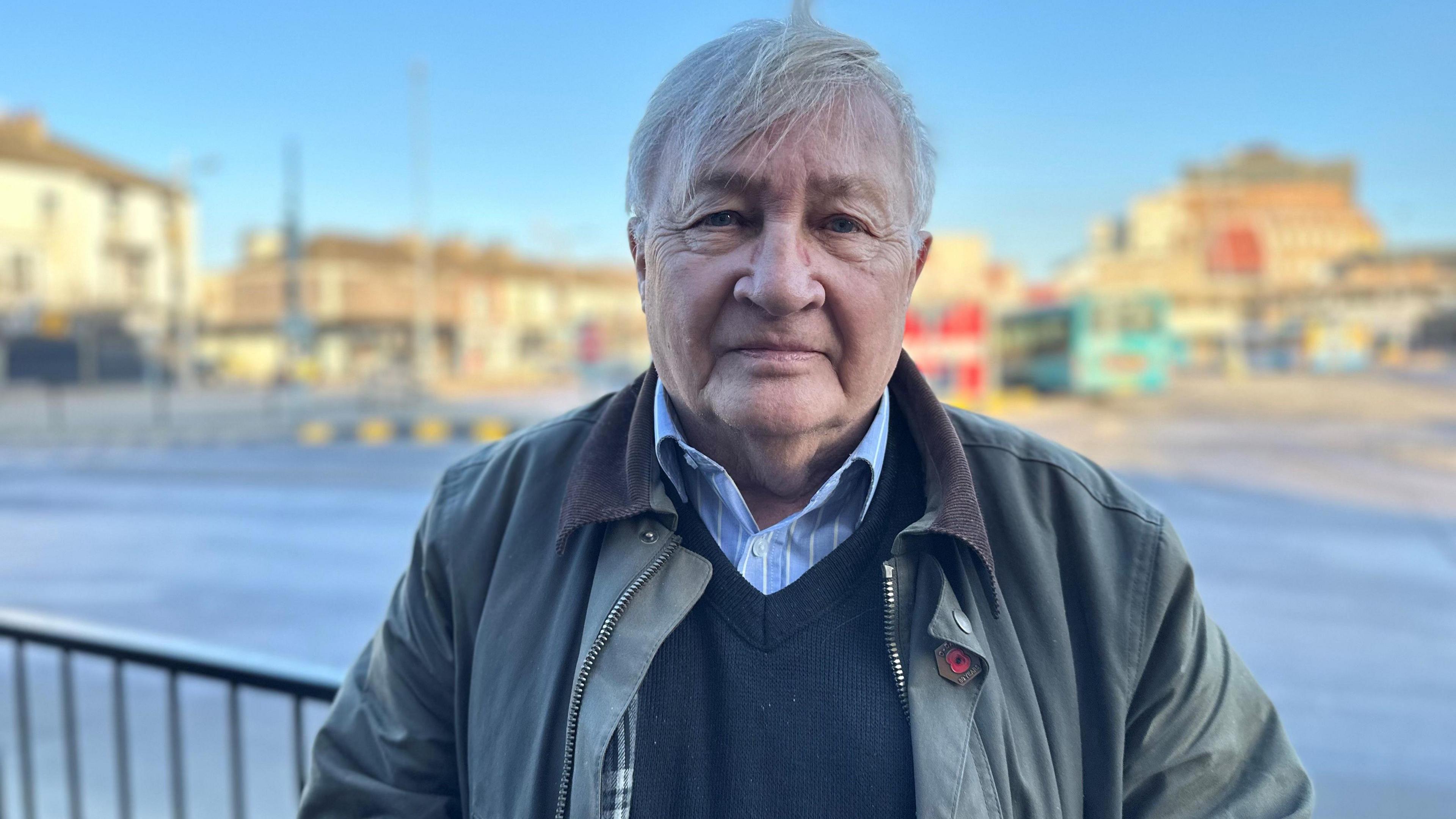
Rod Morris is retiring after 59 years working in mental health
- Published
Rod Morris has spent 59 years working in mental health, the bulk of that time helping children and teenagers. As he finally retires, he reflects on the changes he has seen in his career, where things still need to improve and why he went back after his own near-death experience.
The summer of 1966 was a busy one for the country.
The Beatles released their album Revolver, anti-Vietnam War protests were raging and England were beating West Germany in the World Cup final at Wembley.
For 16-year-old Rod Morris it was equally momentous - he was getting a job that would last him almost six decades.
He did not have any particular desire to dedicate his life to mental health care, but his mother spotted an advert for a cadet nurse role in the local newspaper.
"My parents told me I had to get a job or move out," he recalls.
The role was based at St Luke's Hospital in Middlesbrough, the forerunner to the modern-day Roseberry Park Hospital, working with adults with mental health needs.

The summer of 1966 saw England win the World Cup
When he entered the profession, it was still the days of institutions and, in effect for many, incarceration.
Patients were kept deliberately hidden away, some for decades, a line of poplar trees planted along the front of the building to prevent people peering in.
"Every door was locked," Rod says. "There were people who had been there for years because of things like having a child out of wedlock, one woman had been there for 40 years.
"They were there for society's reasons, not because they needed to be."
But in the 1970s that all changed following major reviews, with the emphasis being shifted on to caring for people in the community.
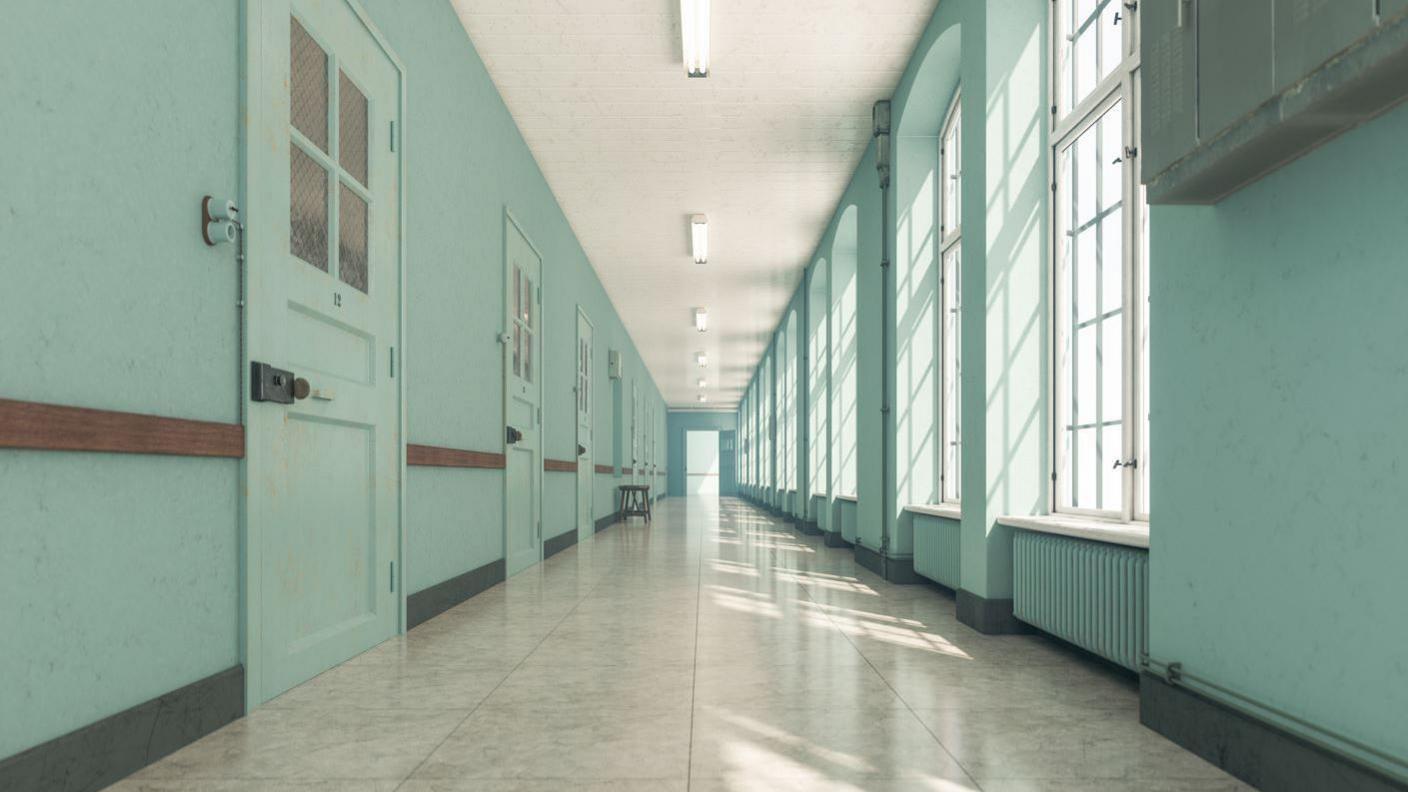
When Rod Morris began working in metal health, patients were kept under lock and key (file photo)
Every other tree outside the hospital was pulled up, a symbol of the new openness that was to be encouraged, and Rod was nearing 10 years in service when he was suddenly called into his manager's office one day.
"He said to me 'right young man, you can swim, run, play football and cricket, you can start working with the teenagers," Rod says.
He suddenly found himself working with children and teenagers with mental health troubles, ultimately with the Child and Adolescent Mental Health Services (CAMHS) team at the Tees, Esk and Wear Valley Trust.
He had to adjust quickly.
"With the adults what you see is what you get, but with the young people you had to do a lot more work to break through and see what was actually going on," Rod says.
"We had all the forms and tick boxes but I found my biggest tool in my kitbag was me, the best way forward could not be found in a textbook.
"I understood kids differently.
"Many of these children had had bad experiences with authority already, I had to build a rapport with them and get them to trust me, see past the veneer to the person and what was actually driving their behaviour."
His favourite tactic was to give his young patients activities to do, keep them busy with exercise as well as offering clinical support.
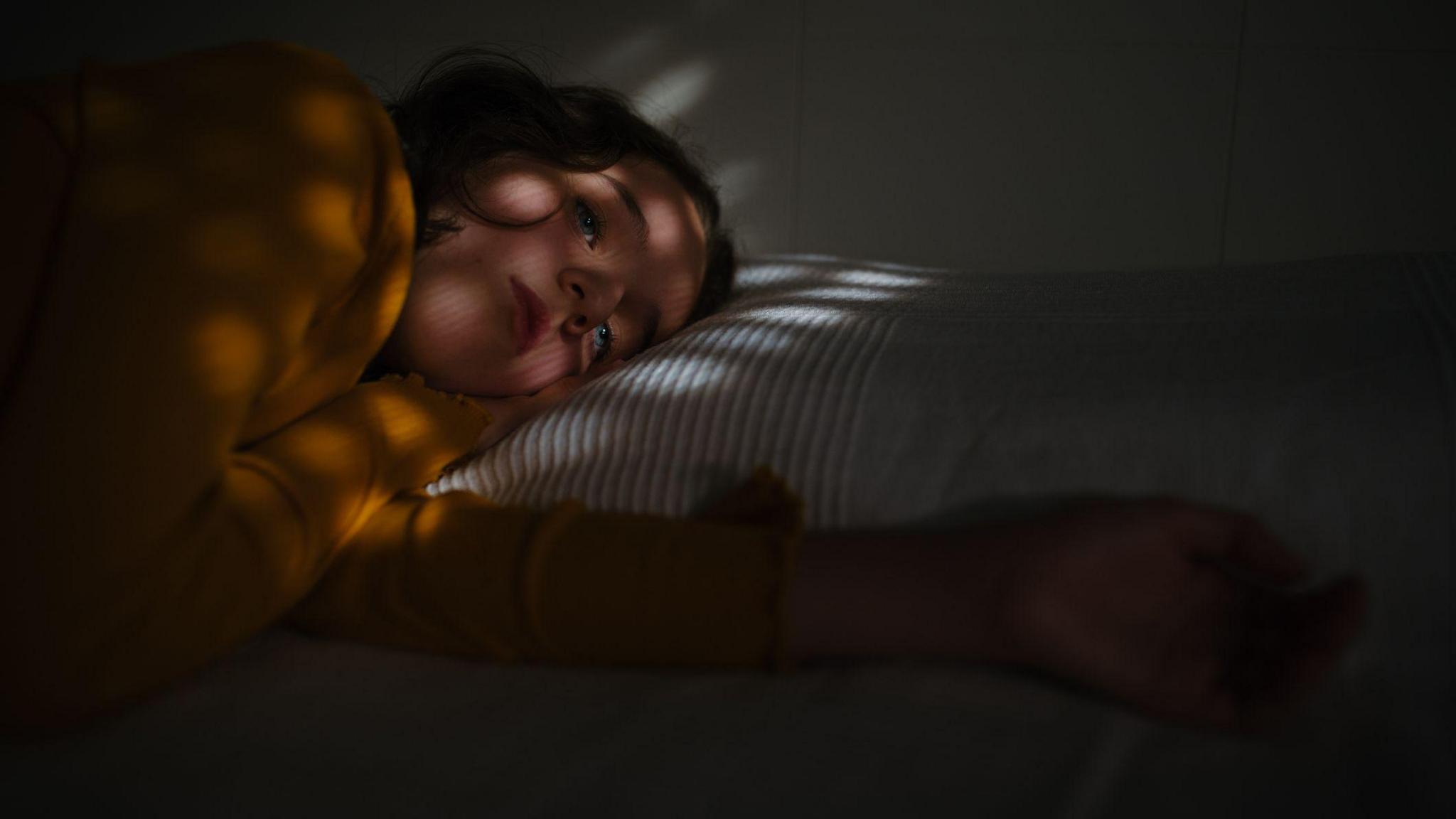
Rod Morris began working with children 10 years into his career (file photo)
"Some of them complained that I was running an outward-bound course," he says, recalling the daily football matches, camping expeditions and whatever-the-weather walks.
"I still believe activity can relate to mental health improvement," he says.
Other career highlights included a spell at a school for "troubled" girls in Newcastle and developing a course to help parents understand why their children self-harmed.
His longevity was such that he started treating the children of previous youth patients he had worked with years earlier.
He still sees some of his patients around, now in their 50s and 60s, and swaps pleasantries with them.
"I have a pretty good memory but I can't remember everyone I have seen," he says, estimating he has dealt with "thousands" of young people over five decades.
He helped develop a new team, a precursor of the modern crisis team that seeks to engage and divert those on the brink of self harm or worse.
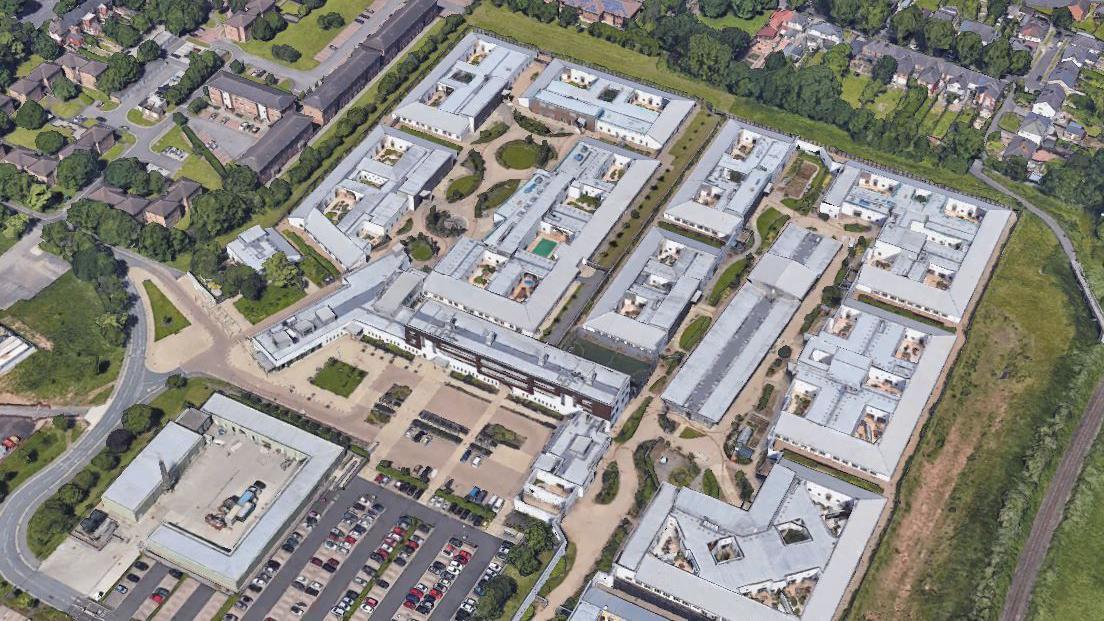
Rod Morris worked at Roseberry Park Hospital in Middlesbrough
The biggest change has been a dramatic increase in awareness, with an "explosion" of people being referred for mental health issues and conditions such as autism and ADHD leading to a backlog of diagnoses, Rod says.
"The number of people being referred has increased but staffing levels haven't," he says, adding the biggest need is for investment in more staff.
There have always been different factors affecting youth mental health, today Rod's biggest concern is social media, an issued highlighted by the Netflix series Adolescence.
"We can't not mention it," he says. "When I was at school we used to get bullied, now its on their phone.
"It's relentless."
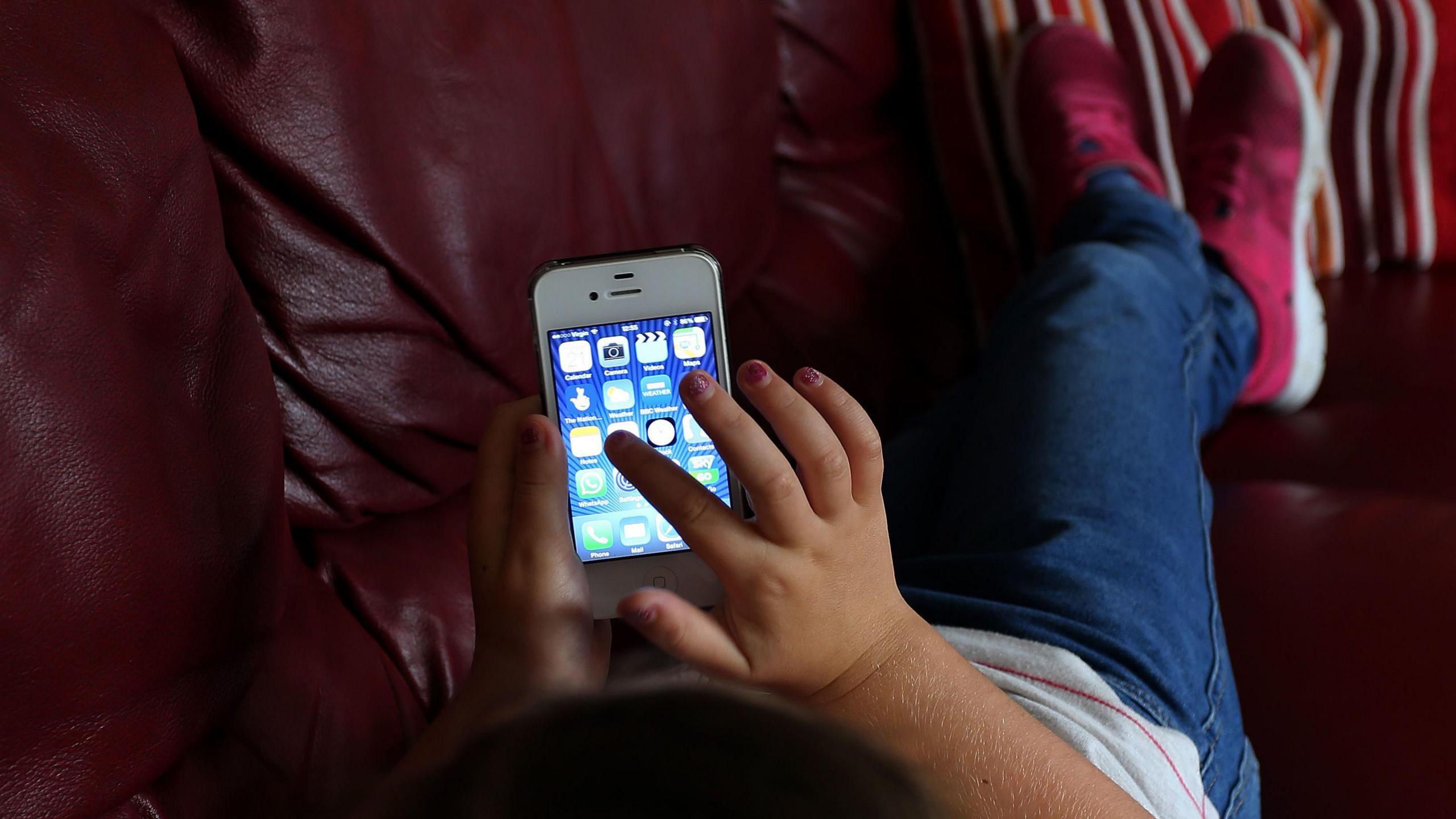
Social media has had a big impact on mental health issues in children, Rod Morris says
He has been exposed to many traumas but says his enthusiasm to help people has never been hampered.
"I'm not a flamboyant character," he replies when asked how he copes with what must incredibly emotional and stressful situations.
"I think I have a typical Dutch personality in that I am very stoical and psychologically strong," he says, his mother having come from Amsterdam.
That approach helped him with his own medical emergencies.
In May 2020 Rod nearly died.
He was found collapsed at his New Marske home, an abscess on his prostate leading to sepsis and six months in hospital.
Rod returned to work but decided now was the time to retire, with the 75-year-old having seven children and 10 grandchildren to keep him busy.
He also has two new lessons learned since his own illness that he abides by.
"I have exorcised from my life anyone or anything that is negative," he says.
"And I am living for now."
'More to learn'
Learning lessons is a lifelong endeavour and for him education is key to improving mental health care for children and young people.
"Mental health challenges in children will never go away but our responses change," he says.
"The knowledge we have has been improving massively but there is always more to learn."
A spokeswoman for the Department of Health and Social Care praised Rod as a "shining example of a career dedicated to helping others".
She said the government was making reforms to "raise the healthiest generation of children in our history" and "give mental health the same attention and focus as physical health".
That included recruiting 8,500 mental health workers, providing mental health access in schools and hubs for people aged 11 to 24, she said.
Follow BBC Tees on X,, external Facebook, external, Nextdoor and Instagram, external. Send your story ideas here, external.
Get in touch
Do you have a story suggestion for BBC Tees?
Related topics
More stories about mental health
- Published21 April
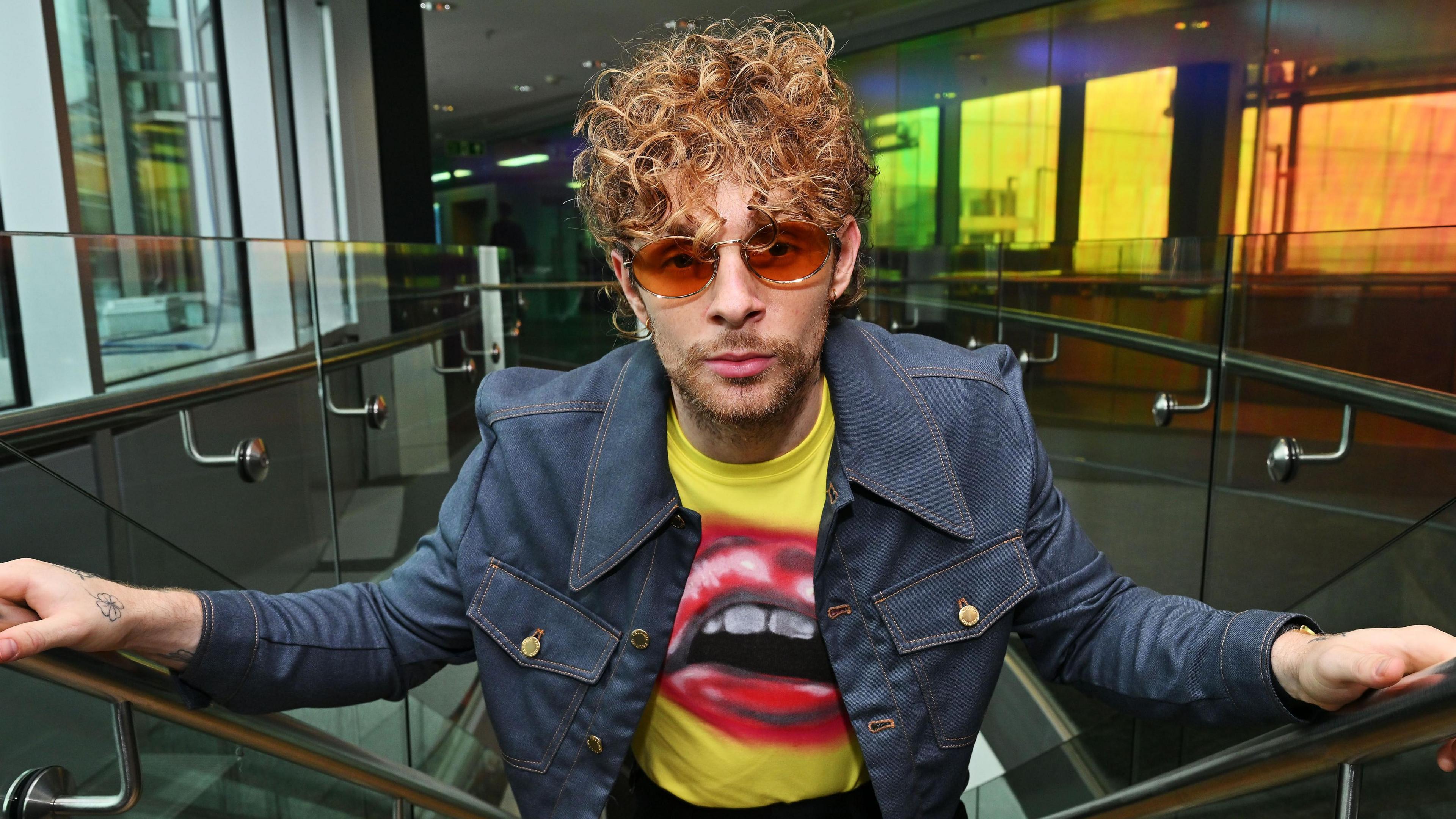
- Published24 March
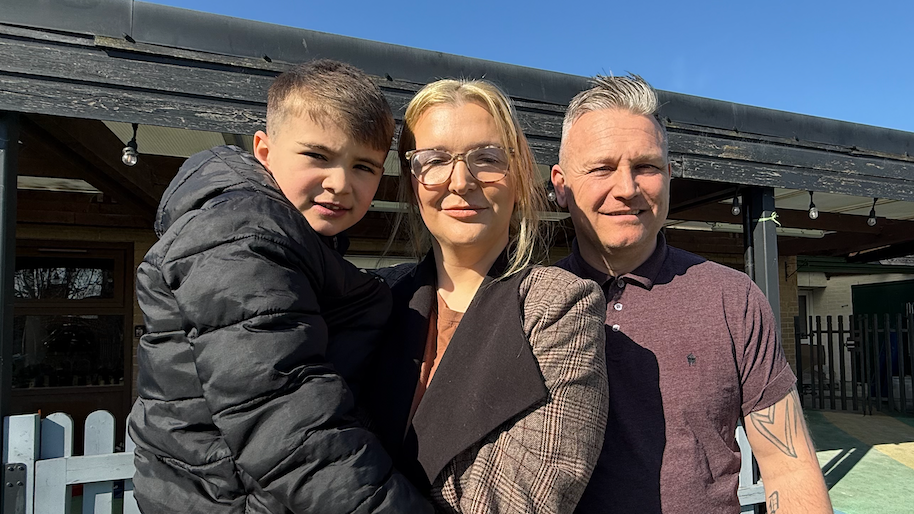
- Published16 March
